Developmental Milestones
Developmental Milestones
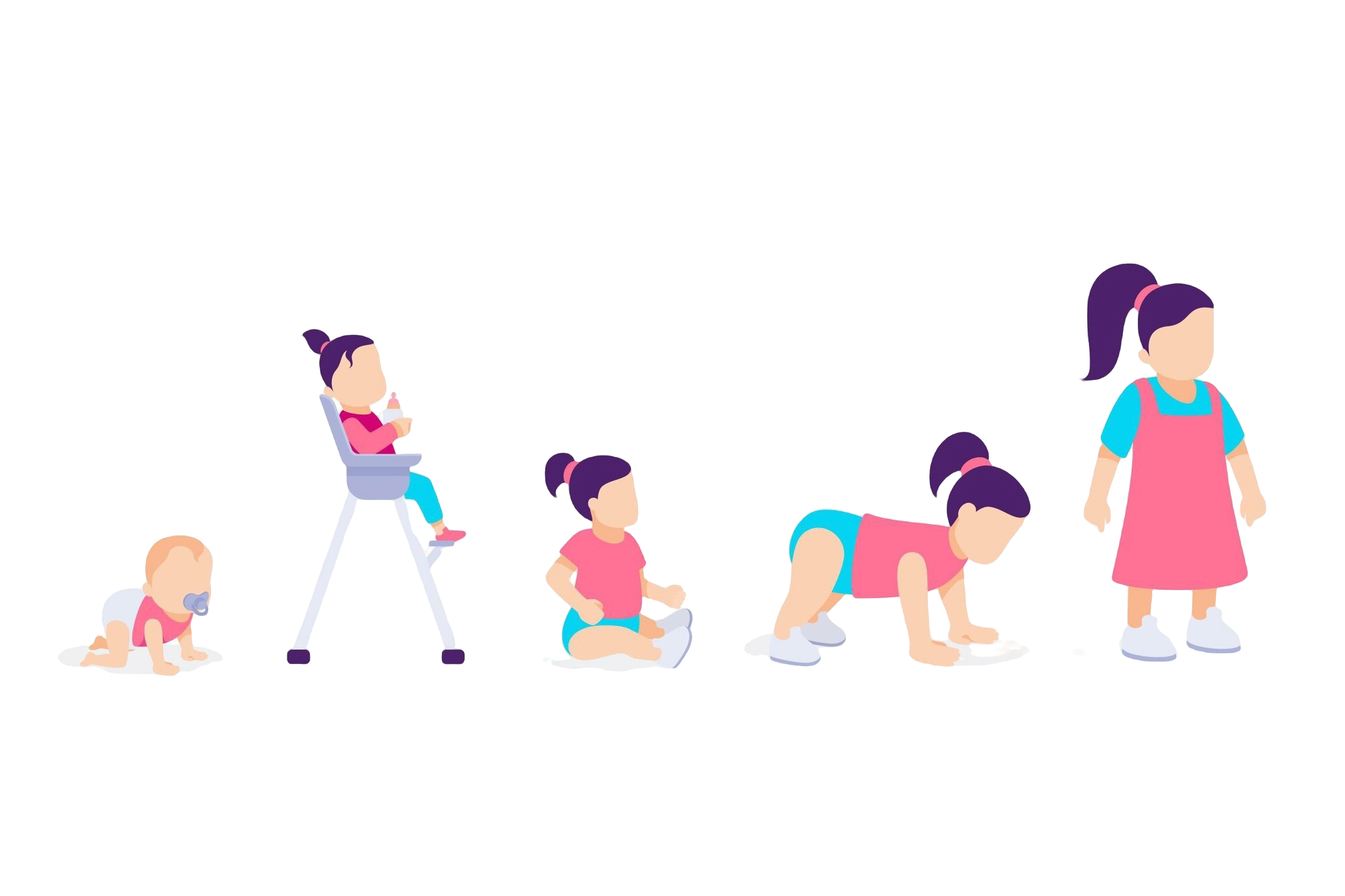
Childhood is a thrilling, wonderful time of acquiring new skills and learning about our world.
Children are all unique in their development. However, the “Developmental Milestones” also provide some overall patterns that we can observe, such as children walking on average at around 14 months. These overall patterns are flexible guides to indicate when a child might need further support.
If you are concerned that your child is not developing certain skills around the expected time, please reach out to your trusted health professionals for a review.
18 Months
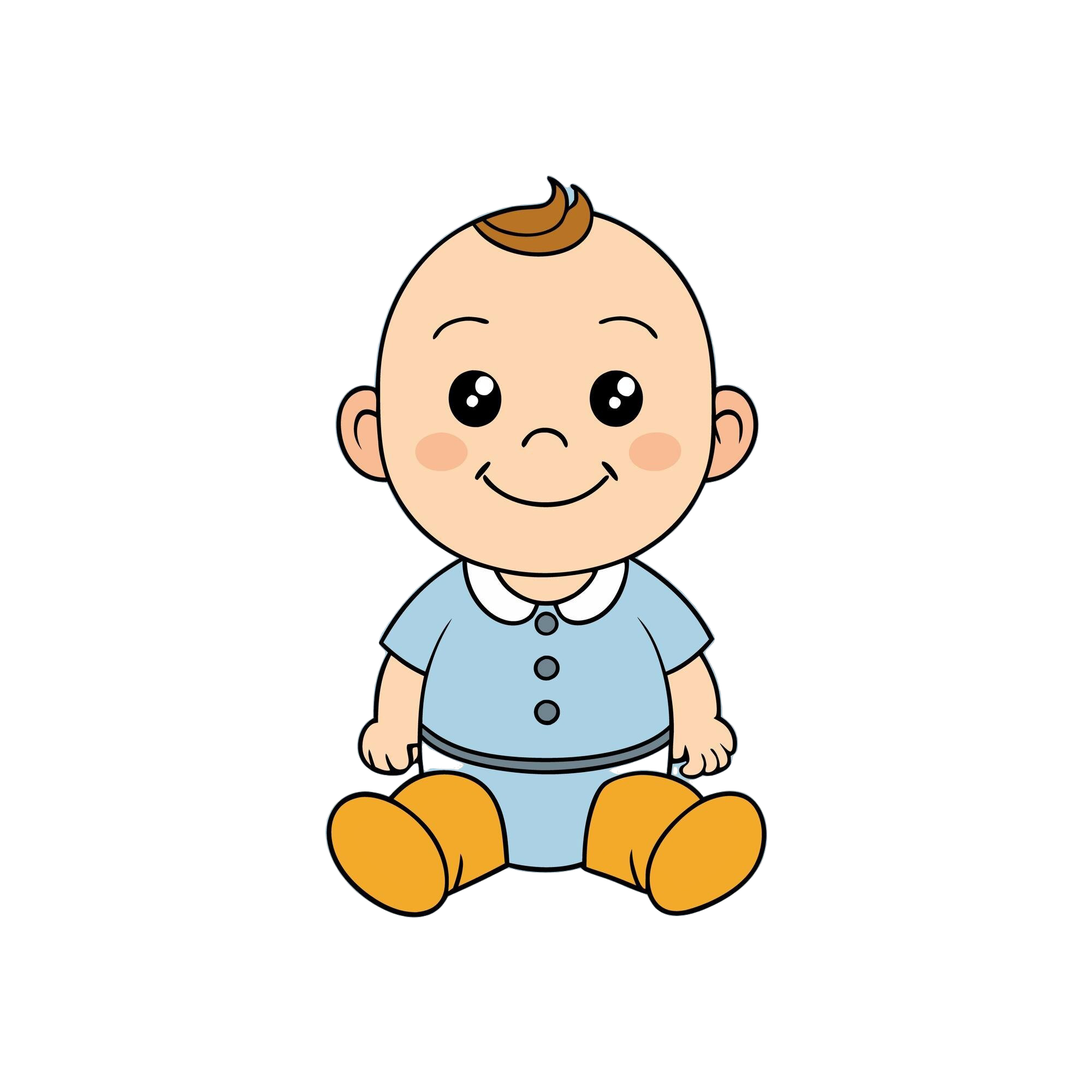
Physical
- Walking
- Climbing
- Wants to do things without help
- Playing alone
Verbal
- Saying 6-12 words
- Repeating the last word in sentences
Emotional
- Showing personality traits
- Playing with objects for comfort purposes
- Becoming easily frustrated and throwing temper tantrums
2 Years
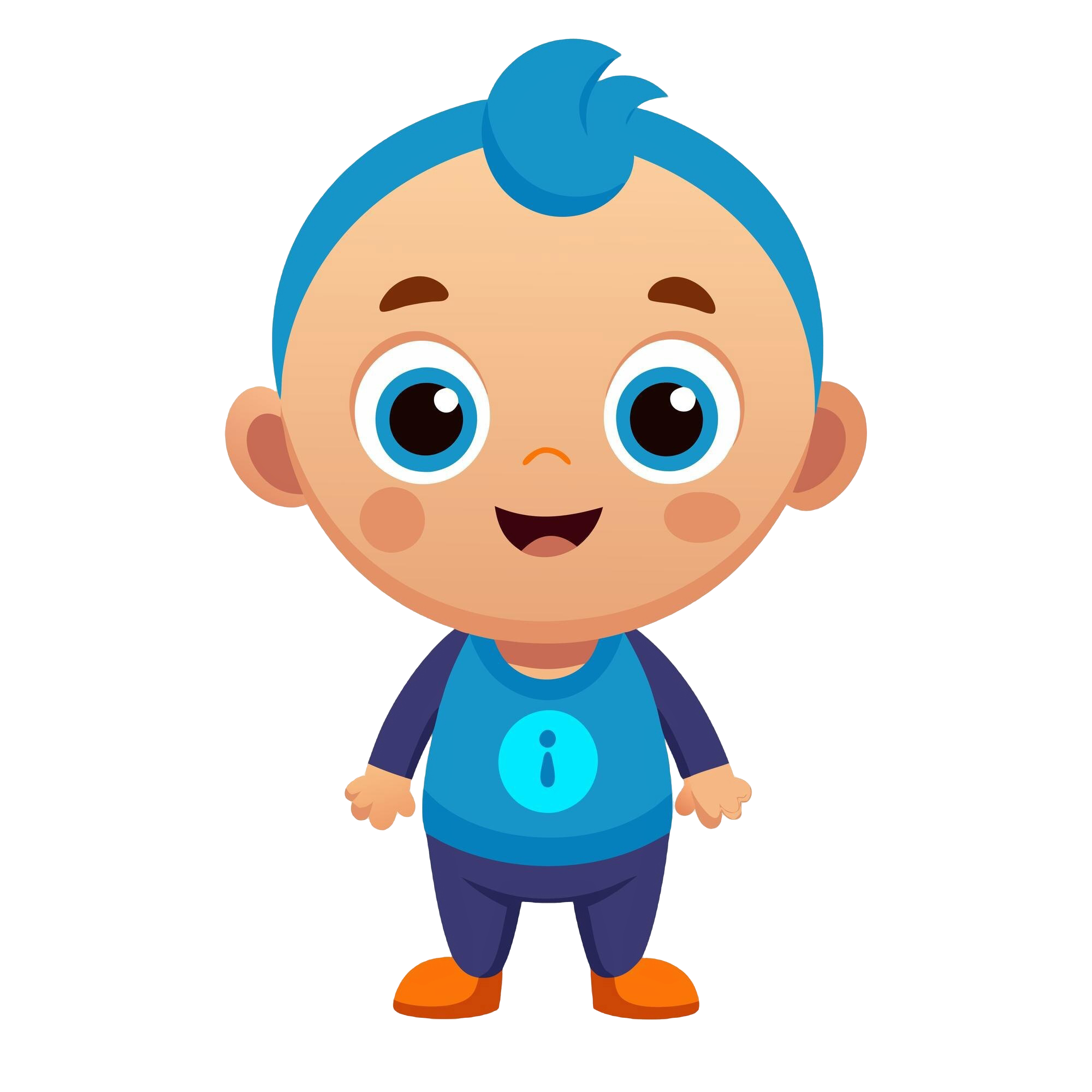
Physical
- Walking up stairs
- Squatting and standing without hands
- Able to kick/throw a ball
Verbal
- Saying 50 or more words
- Singing nursery rhymes
Emotional
- Clinging tightly to parent if scared, tired or showing affection
- Throwing temper tantrums when frustrated
- Developing imagination
3 Years
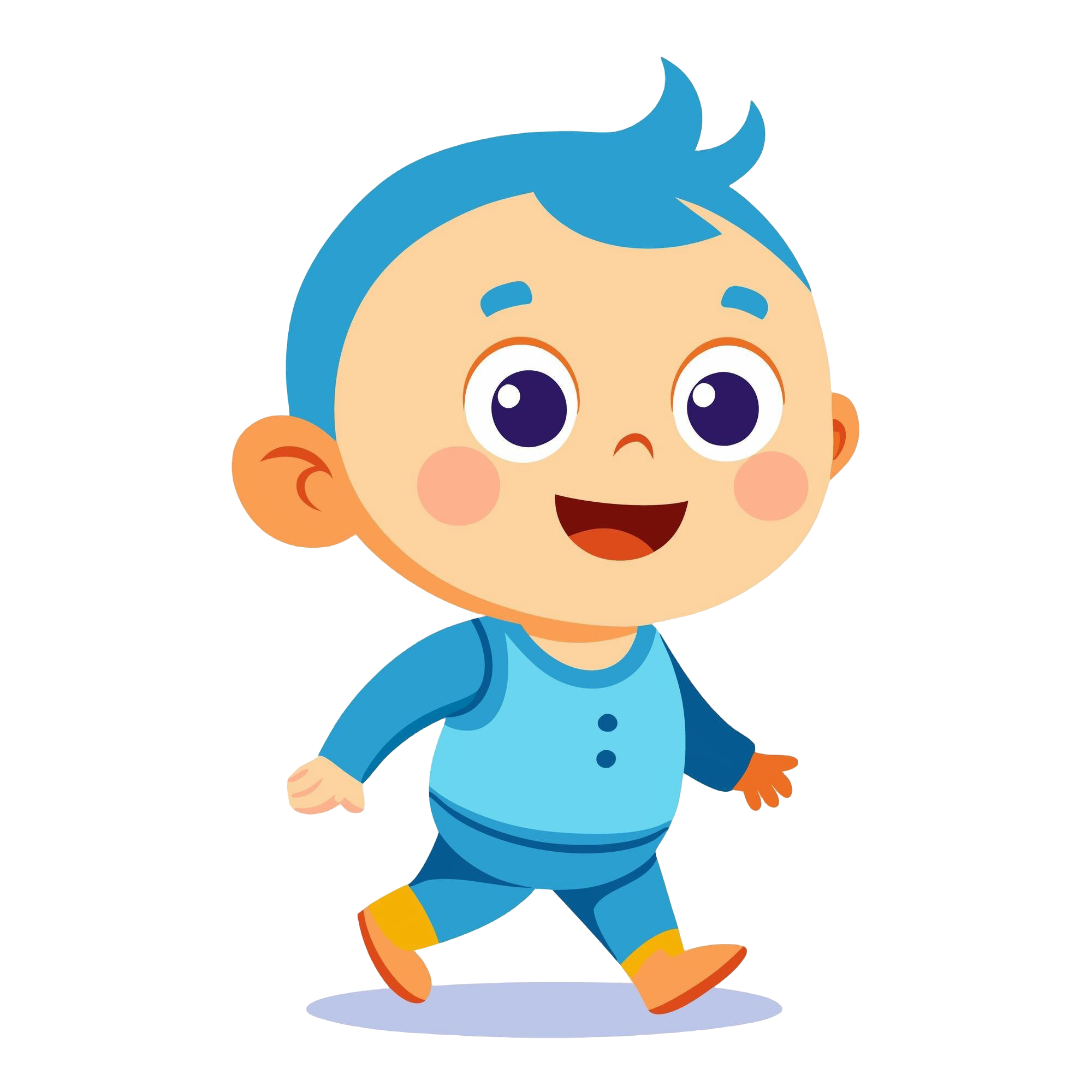
Physical
- Identifying pictures with names
- Walking on tiptoes and balancing on one foot
- Wash/Dry hands
Verbal
- Asking a lot of questions
- Listening to and telling stories
- Calling people by name
- Speaking more clearly
Emotional
- Throwing less temper tantrums
- Developing fears
3-4 Years
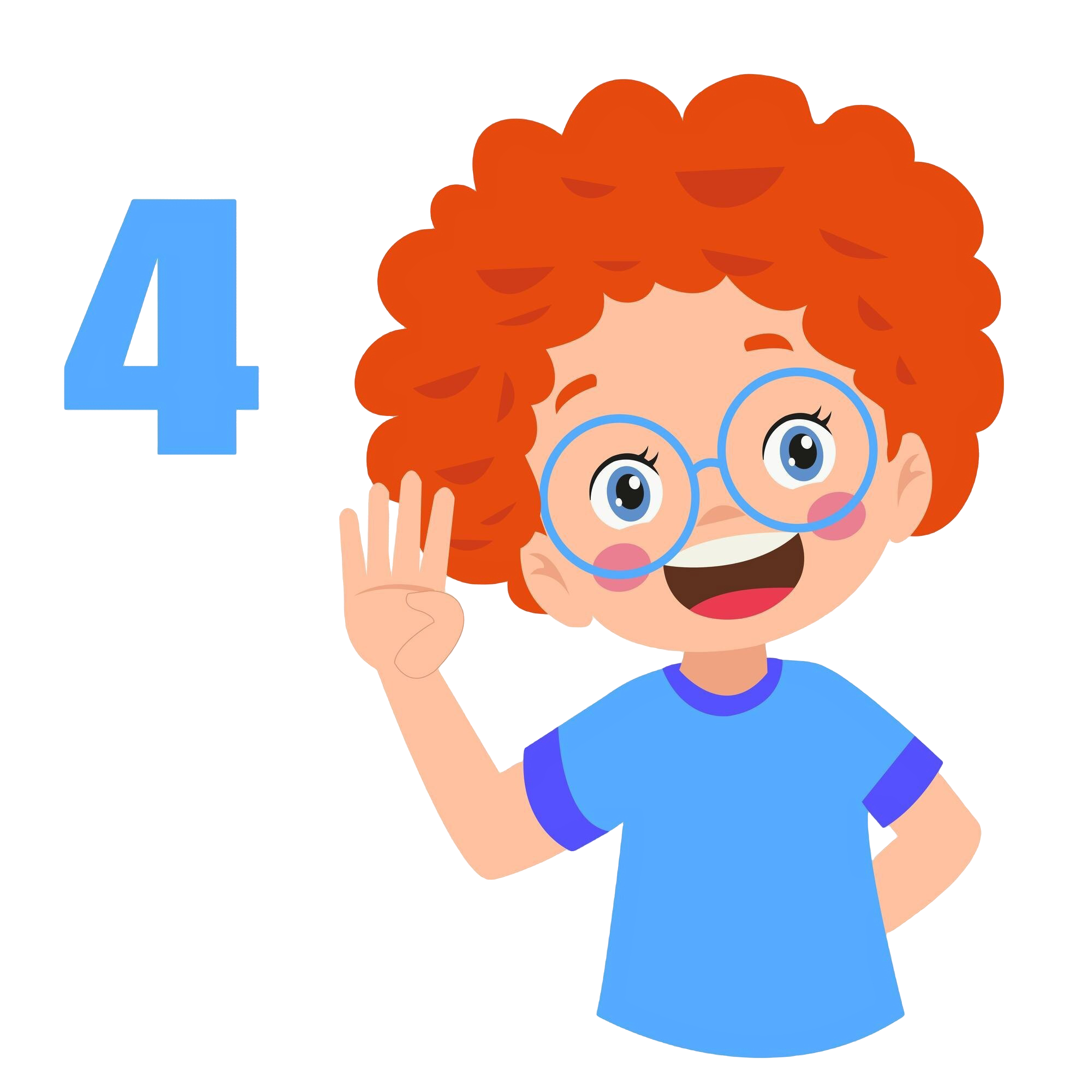
Physical
- Sharing and playing with other children
- Using hands and fingers well
- Holding a pencil correctly
Verbal
- Speaking well and being understood
Emotional
- Socialising with more people
- Having a sense of humour
- Showing worry for other people
4-5 Years
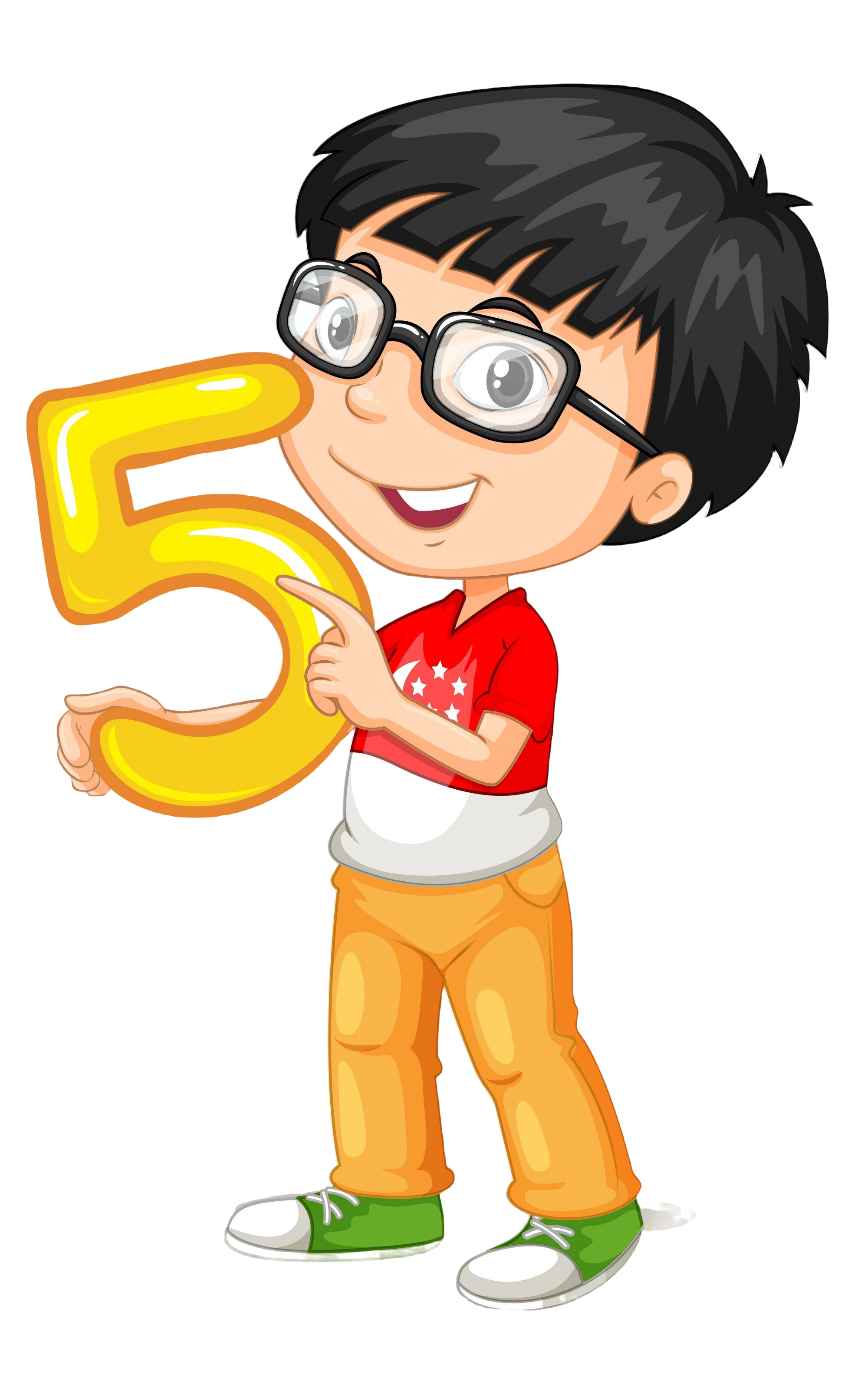
Physical
- Improved walking, running and climbing skills
- Riding a bike with training wheels
- Writing some numbers and letters
- Increased speed in physical skills
Verbal
- Asking more questions
- Understanding numbers
- Having a conversation
Emotional
- Developing friendships
- Showing frustration when tired, angry or embarrassed
